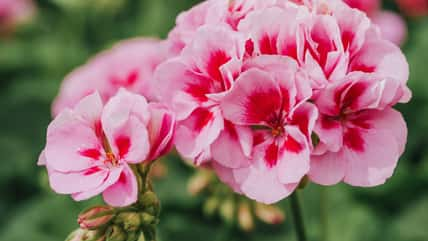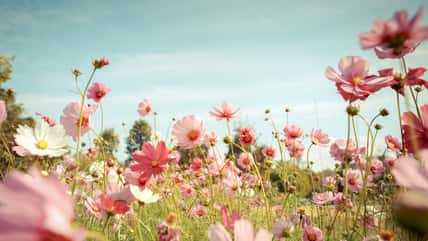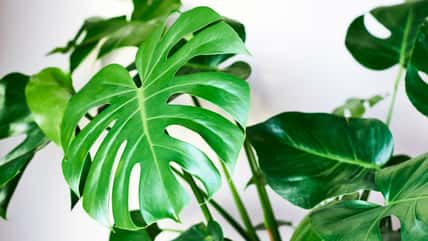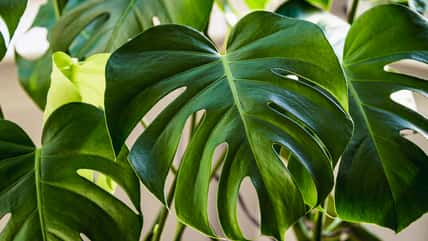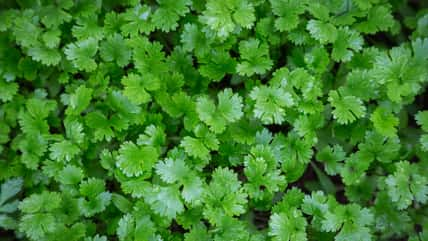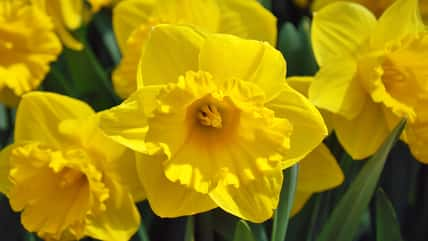Save Yourself The Trouble And Avoid Growing These Plants From Seed
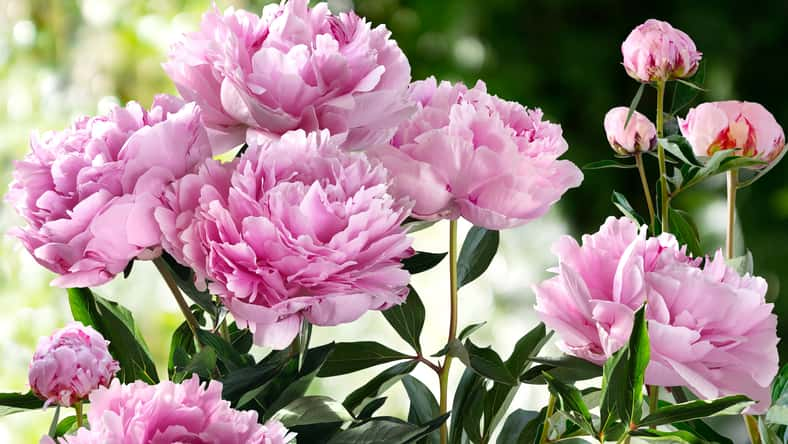
Starting plants from seed can be a budget-friendly and satisfying way to grow your garden, but unfortunately, not every plant is cut out for this technique.
Certain species can take years to mature from seed and delay your payoff by entire seasons, while others produce offspring that look nothing like their parent plant.
So, if you’re looking for consistency, speed, and most importantly, garden success, here are the plants you should skip growing from seed.
Roses
You’ll need a ton of patience to grow roses from seed since it often takes years before the plant actually reaches maturity and blooms. To save time and get more predictable results, many gardeners prefer to propagate roses through stem cuttings.
Just be sure to pick healthy, pest-free stems when selecting cuttings to give your new rose plant the best possible start.
Peonies
Peonies are definitely stunning, but starting them from seed isn’t really worth the effort. You might not know that it can take up to seven years for seed-grown peonies to flower.
Not to mention, the blooms you eventually get may not even look anything like the parent plant. That’s why most gardeners opt for root divisions to ensure their new plants mirror the original.
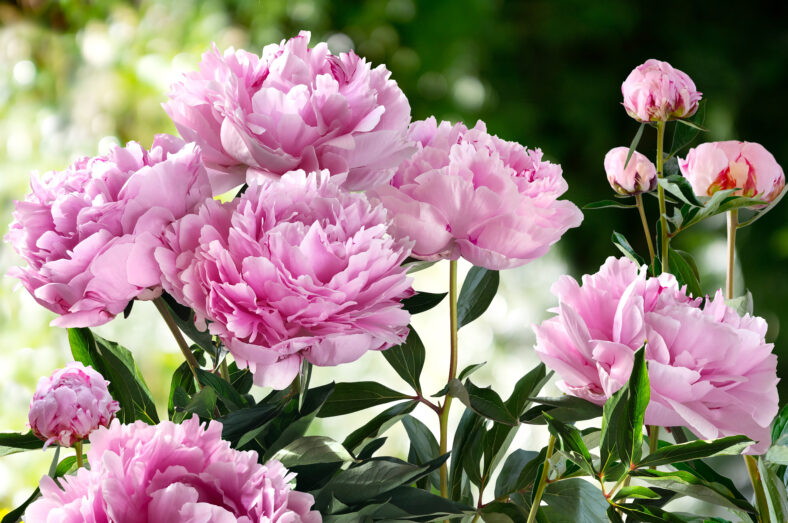
Garlic
While garlic does produce seeds under specific conditions, growing it via seed is unreliable. They can be difficult to germinate, which is why they often fail to produce viable bulbs.
Instead, you’re better off planting individual cloves from a healthy bulb. Each clove will grow into a new garlic plant and deliver a crop you can harvest more quickly and consistently.
Blueberries
It’s possible to grow blueberries from seed, but again, it’s probably not going to give you the results you’re hoping for. Seed-grown blueberries typically vary in flavor, size, and yield, since the new plants might not inherit the same traits of the parent.
For a better harvest, you should stick to growing blueberries from cuttings. Otherwise, you can always purchase established plants.
Onions
Onions grown from seed are usually slow to develop and more vulnerable to disease. This is why home gardeners prefer to grow onions from sets, or small bulbs that were started the previous season.
Onion sets are not only easier to plant, but they’re also more resilient and reliable when it comes to producing a full-sized bulb.
Rosemary
Rosemary is notorious for being slow-growing when started from seed. Plus, it might not retain the qualities of the parent plant.
The better option is to propagate rosemary from cuttings, which will yield a plant that’s genetically identical and usually grows faster. That way, you get a flavorful herb that’s as predictable in the kitchen as it is in your garden.
Sweet Potatoes
The best way to grow sweet potatoes is from slips, not seeds. Slips are actually sprouts that emerge from mature sweet potatoes. All you have to do is twist or cut them off and root them in water or soil.
Growing from slips will give you a more reliable crop and help maintain the traits of the original sweet potato.
Stonecrop
Finally, stonecrop, a type of succulent in the Sedum family, is another plant that’s better started from cuttings as opposed to seed. Seeds can be slow to germinate and unpredictable in terms of appearance; meanwhile, cuttings root quickly and grow into new plants that resemble the original.
Simply snip a healthy stem, place it in some moist soil, and allow nature to do the rest of the work.
More About:Gardening
